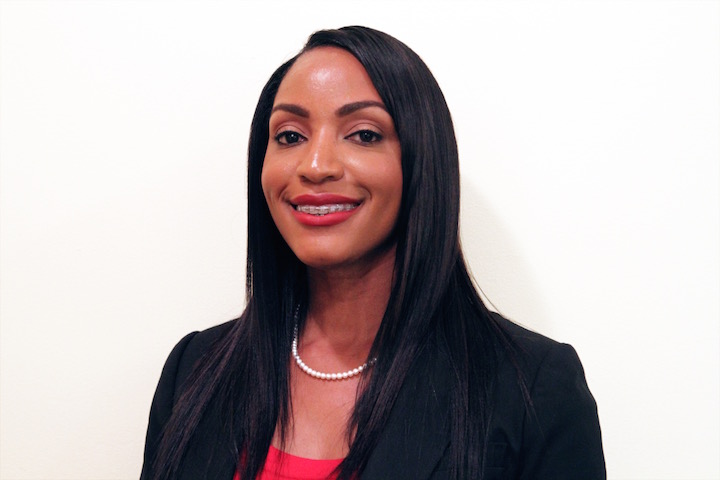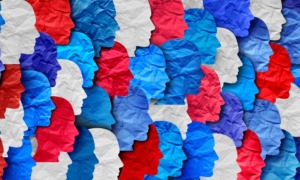 “And so even though we face the difficulties of today and tomorrow, I still have a dream. It is a dream deeply rooted in the American dream. I have a dream that one day this nation will rise up and live out the true meaning of its creed: ‘We hold these truths to be self-evident, that all men are created equal.”
“And so even though we face the difficulties of today and tomorrow, I still have a dream. It is a dream deeply rooted in the American dream. I have a dream that one day this nation will rise up and live out the true meaning of its creed: ‘We hold these truths to be self-evident, that all men are created equal.”
On Aug. 28, 1963, Dr. Martin Luther King Jr. delivered the above excerpt from his widely celebrated “I Have A Dream” Speech. A short 53 years later, we have made some progress and America is commonly known today as the country where anyone can come from humble origins and perhaps build a better life than generations in their family’s past. I know this to be true because I am personally living that so-called American Dream.
I come from very humble beginnings and was born to parents who never completed college. As the first person in my family to graduate college, I share my “American Dream” story because it is one of financial stability, triumph, overcoming the odds, and, to a certain extent, an illustration of progress related to the dream espoused in Dr. King’s speech. I also share because I want people to understand the issues limiting education’s opportunity to be the great equalizer in improving human conditions.
Twenty-seven years after my primary education experience, I am working with youth in the community responsible for my street smarts, resilience and educational foundation. This emotional conundrum can be crushing at times: helping young people today in the community where I grew up build their American Dream while personally understanding how the social, political and economic fabrics woven into that dream can diminish their chances for success.
Youth in my old neighborhood are suffering from similar social, emotional and educational pitfalls I experienced 27 years ago, like being visionless due to limited exposure opportunities, lacking basic educational skills to prosper in competitive educational environments, anticipating violence daily and neurotoxicity due to poverty-related stress. The generational regularity and prevalence of these conditions exist across American communities and are maintained by institutions.
Examples of institutionalized inequality include the state and local $1,200 per student revenue gap for high poverty vs. low poverty districts, students in poor schools receiving As for work that earn Cs in affluent schools, and, according to the U.S. Department of Education, African-American students are arrested far more often than their white classmates, which limits the feelings of community protection that youth living in poverty must experience to alleviate the effects of toxic stress. The discriminatory practices deeply ingrained in our social, political and economic structures dynamically work together to prevent equal access to the mix of activities that can help youth reach the American Dream.
Given the complex terrain our youth must navigate to achieve economic stability, youth developers have a unique opportunity to design supportive programs that help youth climb out of poverty and attain the American Dream. To build a new mindset for kids and families, youth developers must provide long-term access to education, relationship, health, family support and life skills services in three critical environments: at school, after school and at home.
As a youth developer, what I know to be true based on my personal climb from humble beginnings and time in the field is that any youth or adult — regardless of their circumstances — can realize the American Dream. However, the unconditional love necessary to support building dreams starts with accessing high-quality education. As the knowledge base grows, so should awareness and empathy for individuals afflicted by injustice.
Until there is widespread acknowledgement and understanding that institutionalized racism is ingrained in the very systems designed to help individuals build the American Dream, no man, woman or child can be equal or truly free. On this special day that recognizes Dr. King, I hope anyone with an empathetic heart and all who improved their conditions through education reflect on Dr. King’s civil rights movement example to band together to build an educational rights movement focused on incinerating institutional systems designed to prevent access to equal education.
Qaadirah Abdur-Rahim is the CEO of Future Foundation, an Atlanta-based, nationally recognized nonprofit that provides educational, health and life skills programming to help level the playing field for metro Atlanta youth.































